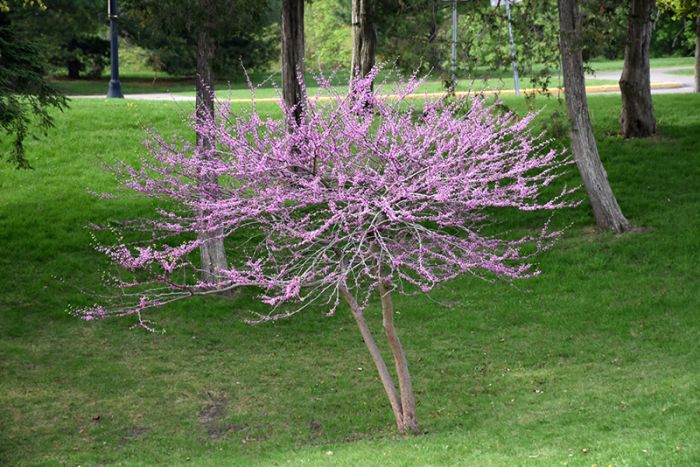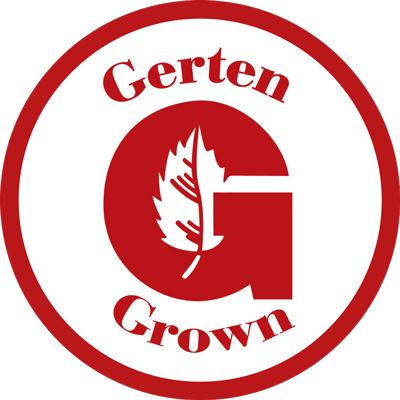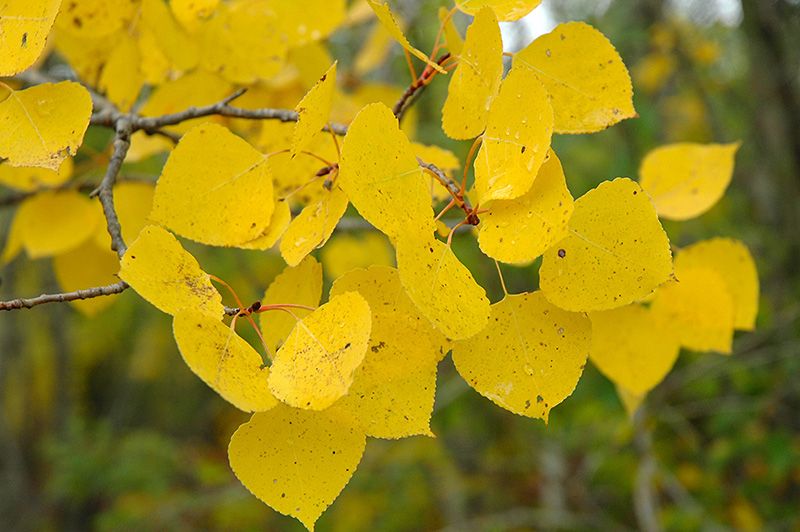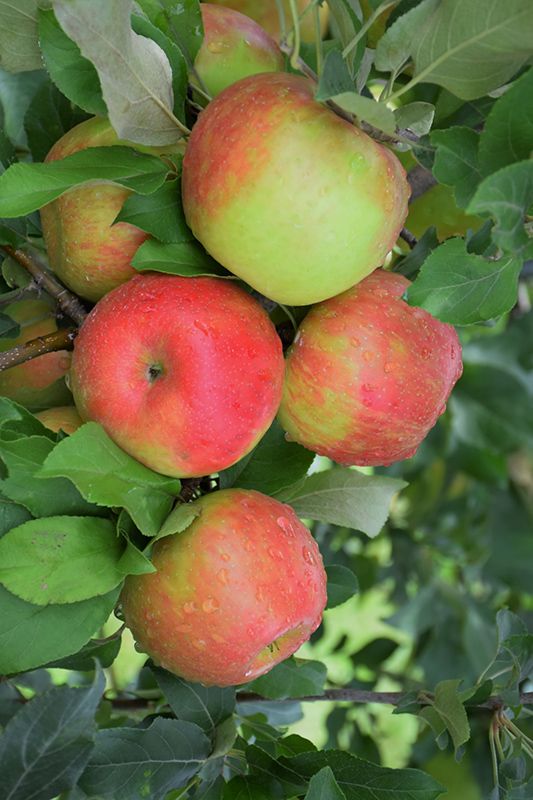Cercis, Minnesota Strain Redbud (Large)



- Sun Preference
- Full-Sun, Part-Sun
As low as $289.00
Description
Tiny purplish-pink flowers adorn this small, vase-shaped tree in early spring before the leaves emerge. Seed pods form on older trees and provide winter interest. This plant does best in moist but well drained soil and is pH adaptable.
Minnesota's Largest Selection of Trees
At Minnesota's Destination Garden Center, we offer a diverse range of trees to suit any landscaping need. Whether you're looking for shade trees to cool your home or ornamental trees to add beauty and interest, you'll find the perfect tree at Gertens. Our knowledgeable staff can help you select the right tree for your space and provide tips for care and maintenance. Visit Gertens today and explore the unmatched variety of trees to enhance your outdoor environment!
Details
Minnesota Strain Redbud | Cercis canadensis 'Minnesota Strain'
Height: 25 feet
Spread: 30 feet
Sunlight: full sun to partial shade
Hardiness Zone: 4a
Other Names: Northern Strain, Eastern Redbud
Description:
A spectacular and hardy spring bloomer, with very showy pink to purple flowers held tightly on bare branches in early spring; somewhat coarse heart-shaped leaves; a top choice small ornamental tree for specimen use in the northern landscape
Ornamental Features
Minnesota Strain Redbud has rose pea-like flowers along the branches from early to mid spring, which emerge from distinctive fuchsia flower buds before the leaves. It has forest green deciduous foliage which emerges burgundy in spring. The heart-shaped leaves turn buttery yellow in fall.
Landscape Attributes
Minnesota Strain Redbud is a deciduous tree with a more or less rounded form. Its relatively coarse texture can be used to stand it apart from other landscape plants with finer foliage.
This is a relatively low maintenance tree, and should only be pruned after flowering to avoid removing any of the current season's flowers. Deer don't particularly care for this plant and will usually leave it alone in favor of tastier treats. Gardeners should be aware of the following characteristic(s) that may warrant special consideration;
- Disease
Minnesota Strain Redbud is recommended for the following landscape applications;
- Accent
- Mass Planting
- General Garden Use
Planting & Growing
Minnesota Strain Redbud will grow to be about 25 feet tall at maturity, with a spread of 30 feet. It has a low canopy with a typical clearance of 3 feet from the ground, and is suitable for planting under power lines. It grows at a medium rate, and under ideal conditions can be expected to live for 60 years or more.
This tree does best in full sun to partial shade. It prefers to grow in average to moist conditions, and shouldn't be allowed to dry out. It is not particular as to soil type or pH. It is highly tolerant of urban pollution and will even thrive in inner city environments, and will benefit from being planted in a relatively sheltered location. Consider applying a thick mulch around the root zone in winter to protect it in exposed locations or colder microclimates. This is a selection of a native North American species.
More Information
| Available for Pre-Order | No |
|---|---|
| Tree Type | Shade & Ornamental |
| Sun Preference | Full-Sun, Part-Sun |
| USDA Hardiness Zone | 4, 5, 6, 7, 8, 9 |
| Common Family Name | Redbud |



